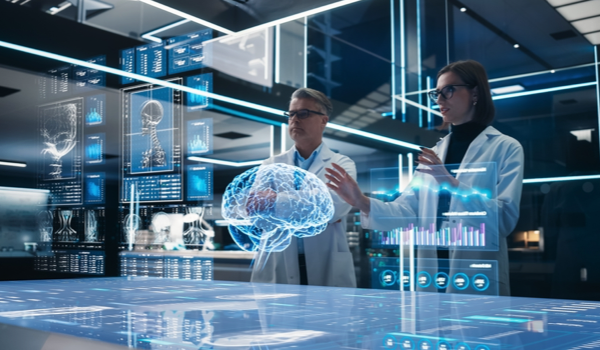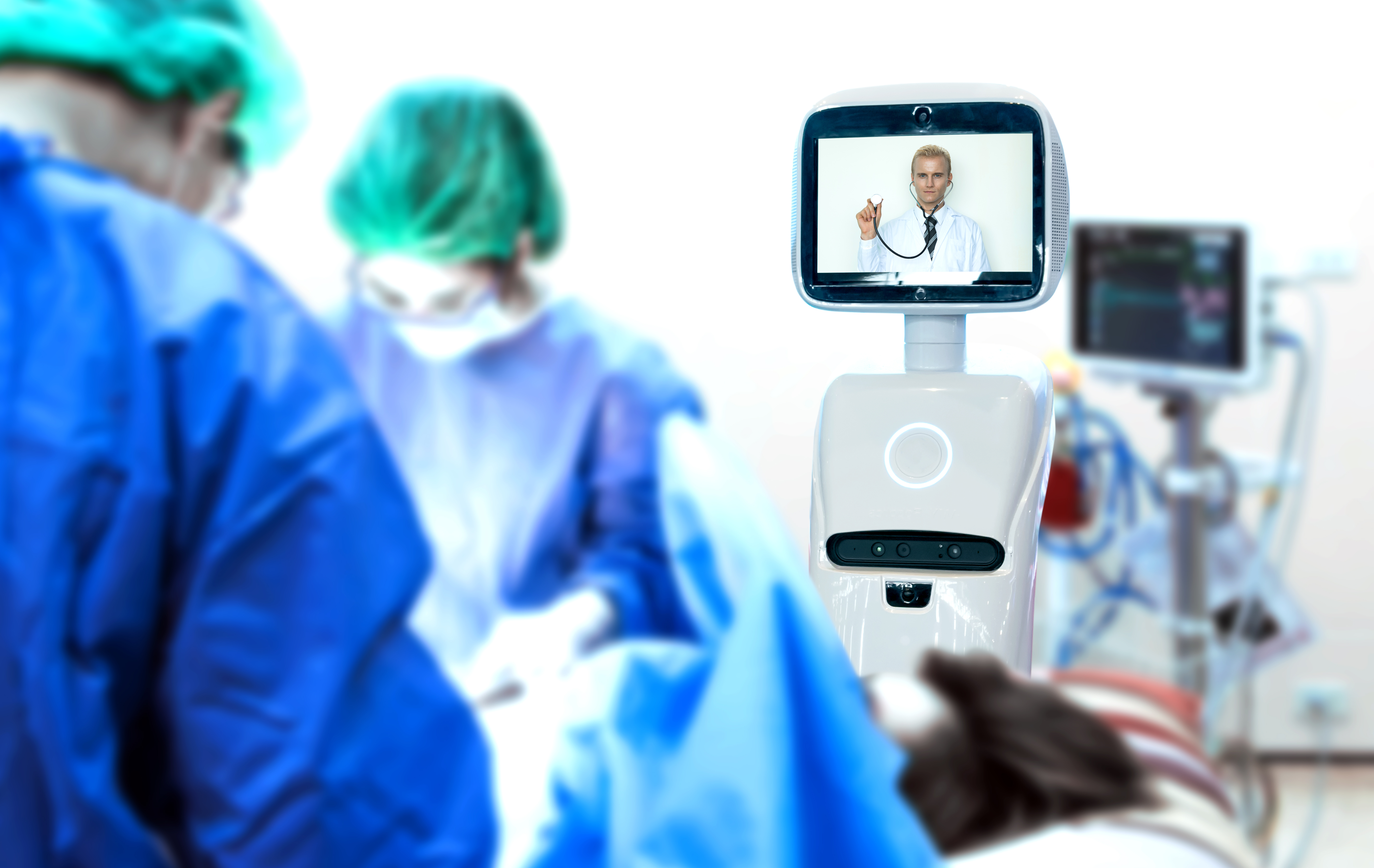

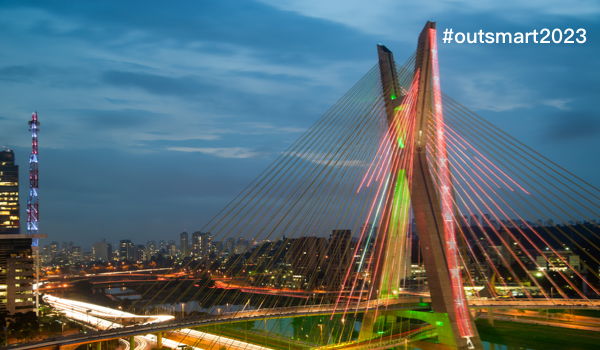
Day 5
Crossing from the Old World that launched the Age of Exploration to the New World that bore its brunt, our voyage of intelligent discovery lands on day five on the shores of Brazil, named for a tree yielding a dye as red as embers (brasas) so precious Portugal’s bandeirantes eagerly shed the equally carmine blood of the area’s indigenes to obtain the colorant, before these bannermen mixed their own with them and others to produce Brazil’s largely Pardo people. On day five of our quest, radiologist Gustavo Meirelles takes the helm in the Southern Hemisphere’s biggest city to relate how other historic advancements that aroused dire fears at the start were ultimately also fully incorporated into human society.Shifeng Wang
Chief Editor, The Yuan
SAO PAULO -
Innovation will come from people who are able to link beauty to engineering, humanity to technology, and poetry to processors.
Walter Isaacson
Throughout history, there have been several periods of prosperity for humanity, characterized by advancements in various aspects of social life. The rise of the Mesopotamian, Egyptian, Greek, and Roman civilizations marked periods of prosperity, with significant advancements in areas such as agriculture, architecture, and science laying the foundations for future cultures. The Renaissance and the Enlightenment brought significant progress in arts, knowledge, and literature, and marked the development of modern societies.
More recently, the Industrial Revolution improved living standards, with remarkable shifts in manufacturing, and transport leading to an era of abundance, with most people having access to better housing, nutrition, entertainment, and healthcare. Finally, the post-World War II period witnessed remarkable advancements and increased prosperity in many parts of the world, with economic growth, technological innovations, medical breakthroughs, and increased global connectivity.
Artificial intelligence (AI) has probably been the most disruptive innovation since the Industrial Revolution, with a significant impact across various domains, and shaping societies, industries, and economies. As AI continues to evolve, some predict it is just a matter of time until machines pass the Turing test, engaging in natural language conversations and simulating human-like intelligence - which leads to a growing concern about the potential scenario in which AI systems surpass human intelligence and reach a state where machines may outsmart humans. Recently, more than 1,000 experts in the field called for a six-month pause in AI dev
The content herein is subject to copyright by The Yuan. All rights reserved. The content of the services is owned or licensed to The Yuan. Such content from The Yuan may be shared and reprinted but must clearly identify The Yuan as its original source. Content from a third-party copyright holder identified in the copyright notice contained in such third party’s content appearing in The Yuan must likewise be clearly labeled as such. Continue with Linkedin
Continue with Linkedin
 Continue with Google
Continue with Google
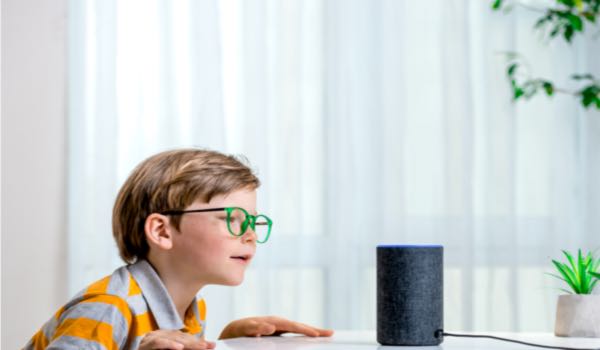
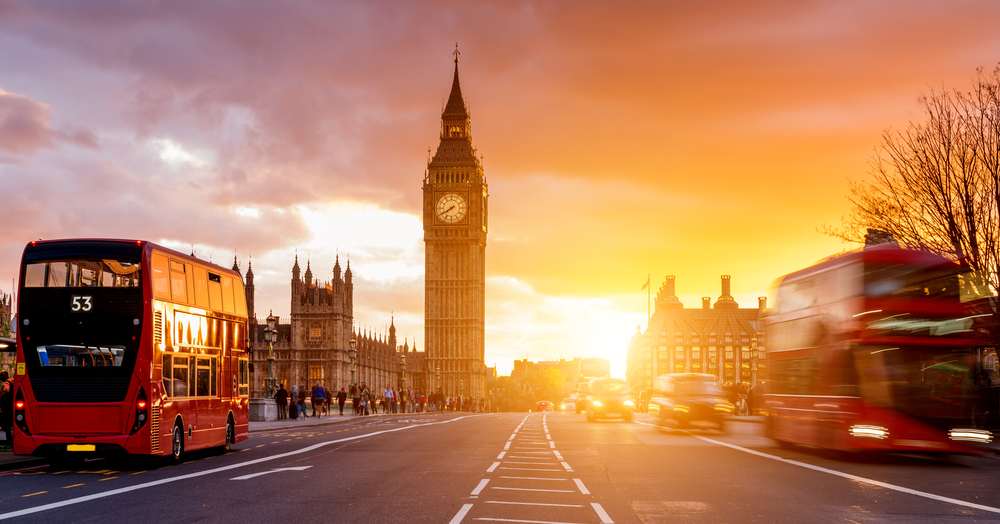
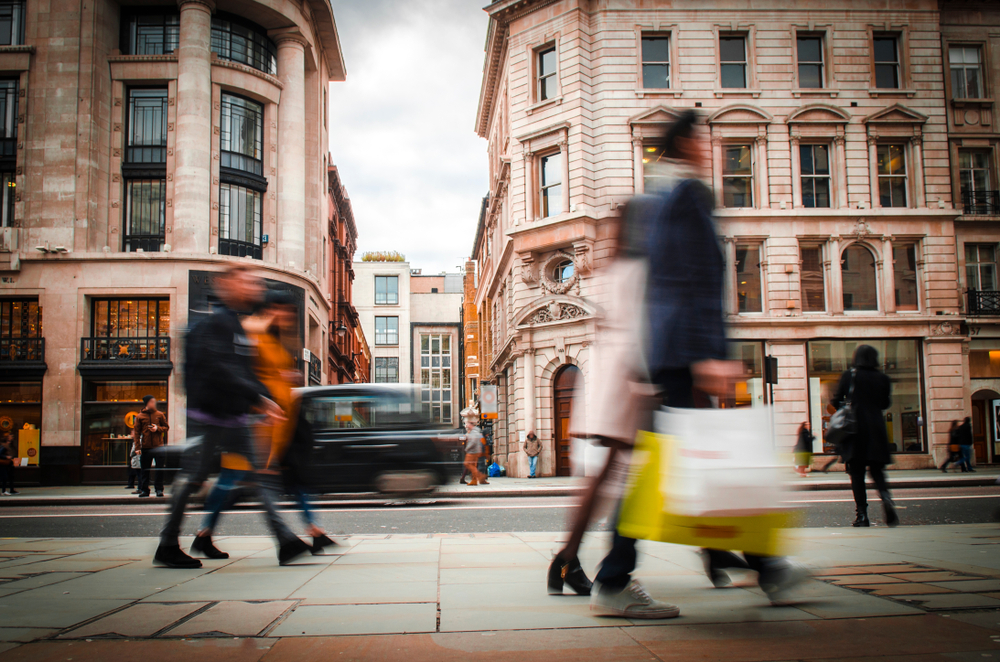







 946 views
946 views




